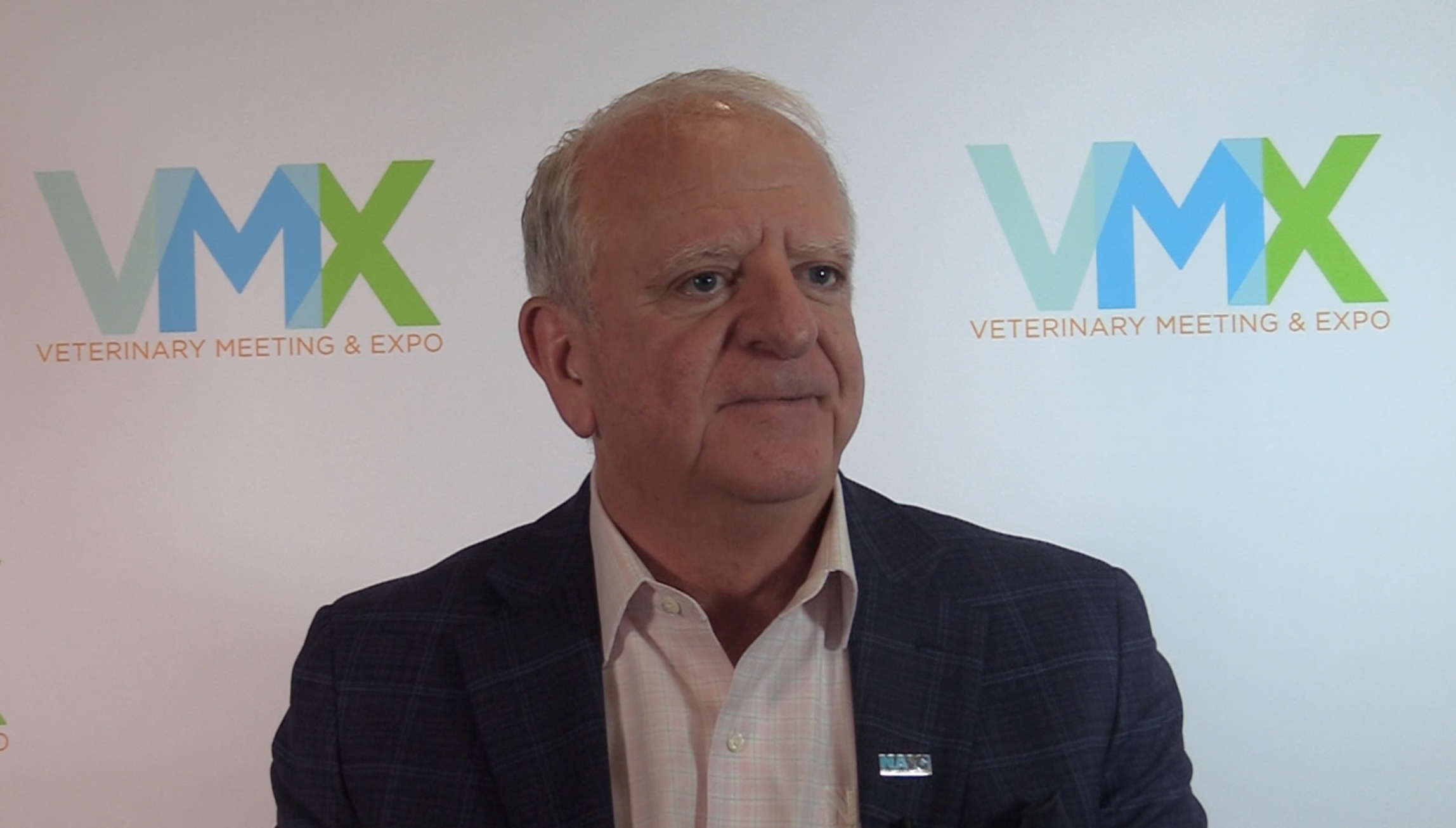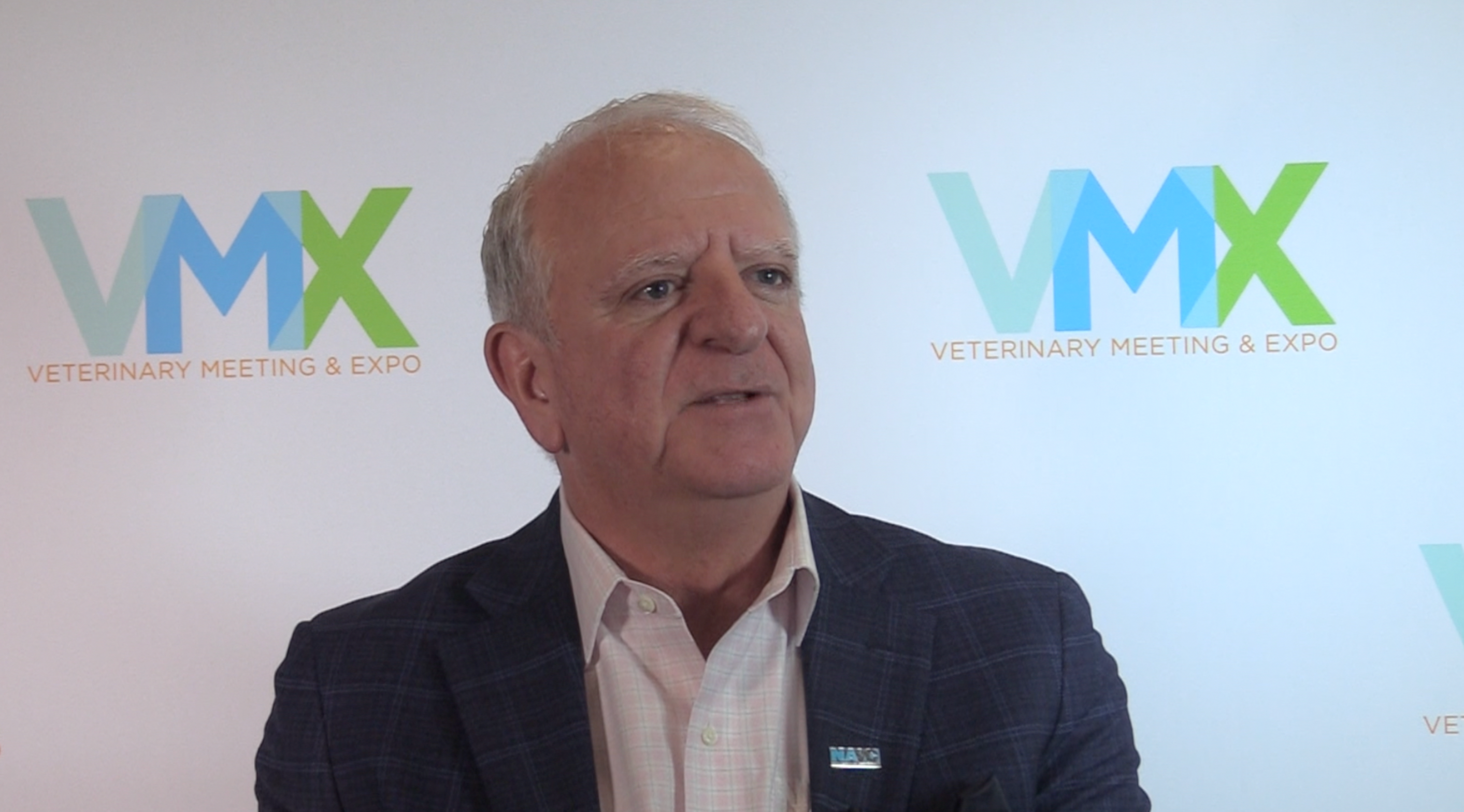California's proposed tax on veterinary care draws fire
National Report - Veterinarians are protesting a state proposal to tax veterinary services in California. Hundreds of letters were sent to the California Veterinary Medical Association. Currently, only three other states tax veterinary services - Hawaii, New Mexico and South Dakota, according to the American Veterinary Medical Association.
SACRAMENTO, CALIF. — Hundreds of letters sent to the California Veterinary Medical Association (CVMA) in three days makes it clear that veterinarians are balking at a state proposal to tax veterinary services.
"I don't think my phone's stopped ringing since this started," says CVMA Executive Director Valarie Fenstermaker. "My take on it — it's just a massive response, just from what I've heard and seen."
And the hundreds of letters being sent to the CVMA probably are only a fraction of the number being sent to state leaders after the group issued a call to action to its members, Fenstermaker says. Veterinarians, their staffs and pet owners are mobilizing and have been sending letters to the state. The CVMA posted contact information for state officials and letter templates on its Web site. Even national hospital chains like Banfield have stepped into the fray, and CVMA has a lobbyist working full time with state leaders in Sacramento.
"Our members are incredibly opposed to the idea that vet services would be taxed," Fenstermaker says of California's proposal to add a nearly 10 percent tax to veterinary services. "It just puts a huge hardship on clients, and the pets are going to be suffering. Once a tax like that is put on, it never goes away."
The veterinary tax proposal is rooted in the $11.2 billion deficit California is facing, which has caused state leaders to look for new ways to bring in money, and one proposal is to add a veterinary service tax.
The proposed total solution would include $4.5 billion in cuts, plus $4.7 billion in revenue from new fees and taxes, according to the office of Gov. Arnold Schwarzenegger.
Broader service taxes on veterinary care, furniture and appliance repair, vehicle repair, golf, amusement-park fees and sporting events would bring in about $357 million per year.
"We are strongly opposed to this. We think it's inappropriate to be categorized in with appliance and furniture-repair services," says CVMA President Dr. Bill Grant II.
If the measure passes, veterinary care would be the only medical service taxed in California, and Grant contends that's unfair.
"It makes no sense whatsoever. They're going to target a specific population," he says. "Do a broad-based 1 percent (increase) across the state. But don't target certain areas to fix the state deficit."
No human medical services in California are subject to taxes, says Grant, but the veterinary profession reportedly is being included because practices already are set up to add sales tax to pet food and other products.
But, Grant says, that's not the case for surgical-only practices. And he questions why optometrists and other human medical-service providers who sell products are not being targeted.
The American Veterinary Medical Association (AVMA) opposes the rationale for the tax but hasn't yet taken an official stand.
"Given economic conditions today, we are concerned about any outside, arbitrary or artificial sources to increase cost to consumers," says Adrian Hochstadt, assistant director of the AVMA State Legislative and Regulatory Affairs Department.
"I think this is a terrible time to be raising taxes on veterinary services. A 9 percent tax might not amount to much for people at the top of the income distribution level, but for people who are hurting, 9 percent is a lot."
But the tax proposal is a state matter, and Hochstadt says the AVMA will wait in the wings, ready to assist the CVMA as needed.
Should it become a national trend, AVMA might become more involved. But Hochstadt says he doesn't forsee other states adding taxes to veterinary services.
Only three others — Hawaii, New Mexico and South Dakota — tax veterinary services, and Hochstadt says those taxes have been in place for years.
There are no other proposals like California's on the horizon, and a similar veterinary-service tax proposal in Michigan was defeated last year.
Michigan has for years fought an economic downturn, says Dr. Stephen Steep, a small-animal practice owner and chair of the Michigan Veterinary Medical Association Legislative Advisory Committee. The Michigan proposal also would have added a tax to many services, excluding some in human medicine.
"Our strategy was to try and elevate our profession and acknowledge that they had a difficult task ahead of them, but not to fix it at the expense of veterinary medicine," says Steep, adding many opponents to the service tax argued against it for the sake of their own business. Veterinarians argued for a greater good.
"When we got up in front of the Legislature, we started to talk about the public good. We're worried about people seeking health care for their pets and the spread of disease. We mobilized our veterinarians in the trenches and fought it," he says.
Grant hopes California will fare as well in defeating the tax, adding the proposal still must be approved by both state legislative bodies.
But results are unlikely before the end of the year, says Fenstermaker, adding the governor would have to call a special session of the Legislature. That is unlikely without knowing at least two-thirds of lawmakers will approve the measure, she adds. "There's no way to tell," Grant says.










